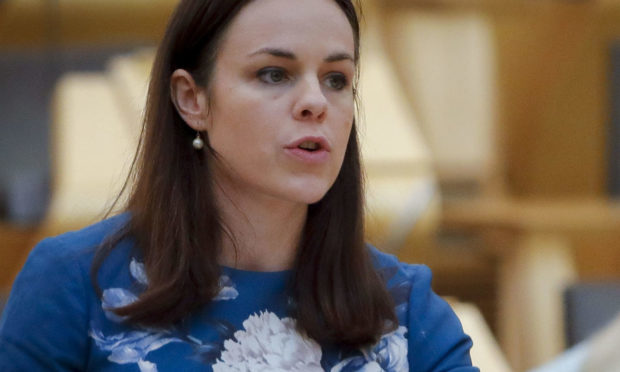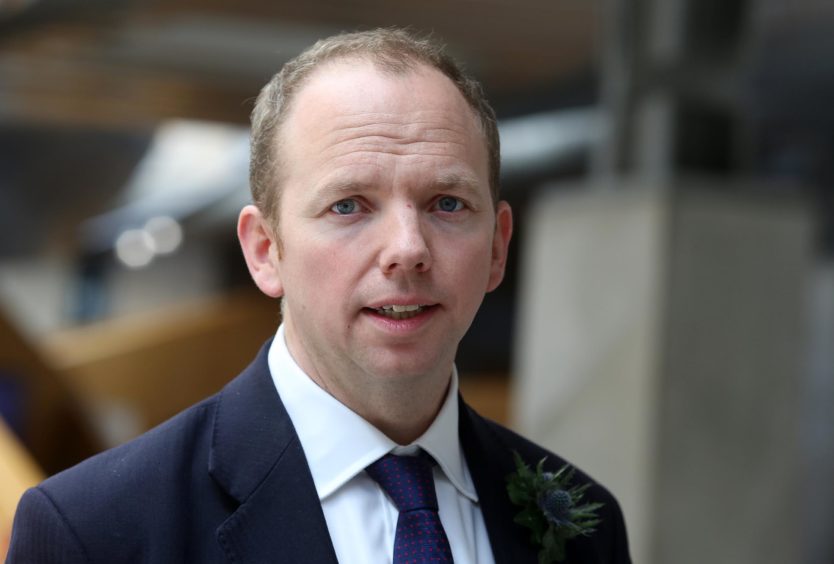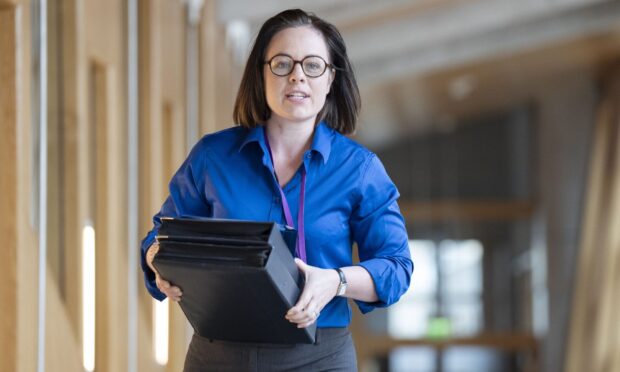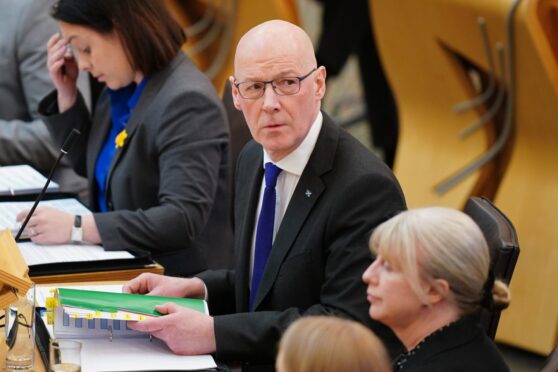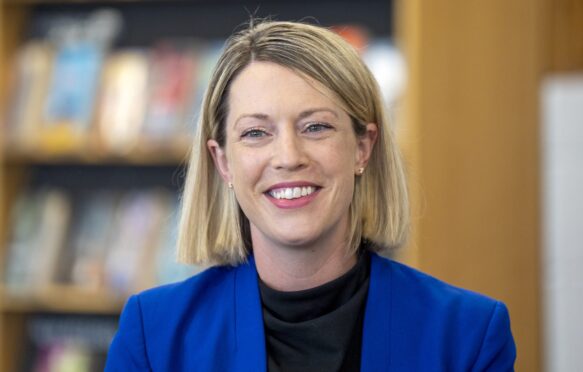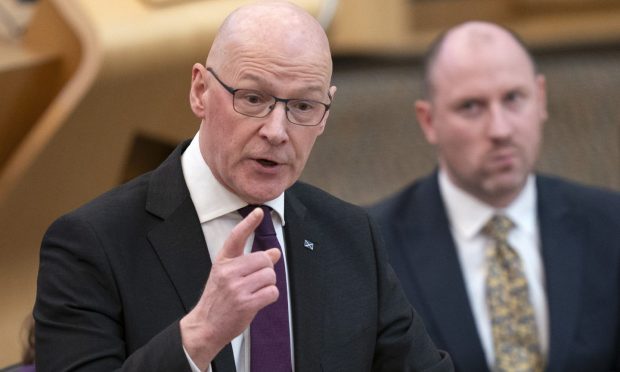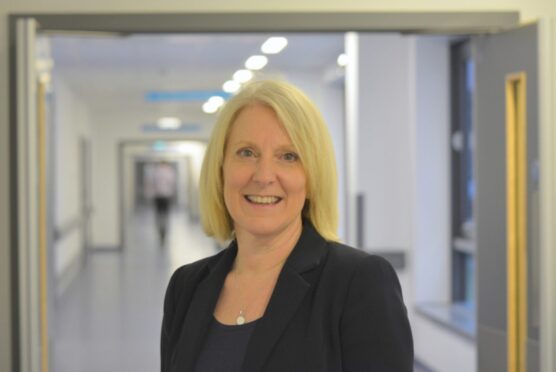House-buyers in Scotland are to get a tax break as part of Finance Secretary Kate Forbes’s attempts to stimulate the economy as it reels from the coronavirus pandemic.
Ms Forbes announced plans that will excuse eight out of 10 Scottish residential buyers from paying property tax but failed to go as far as the Stamp Duty “holiday” announced by Chancellor Rishi Sunak south of the border.
Her announcement came the day after Mr Sunak’s summer economic statement which temporarily increased the threshold from which buyers start paying Stamp Duty from £125,000 to £500,000 until March 31st next year.
In response, Ms Forbes told MSPs that the threshold for Land and Buildings Transaction Tax (LBTT), the Scottish equivalent of Stamp Duty, would be increased from £145,000 to £250,000.
The move will result in those purchasing a property in Scotland costing more than £250,000 saving £2,100.
But in Scotland, someone buying a house for £400,000 would pay £11,250 in LBTT while those involved in the same transaction south of the border would be excused Stamp Duty.
£50 million to help first time buyers
Addressing MSPs, the Finance Secretary also announced an extra £50 million to help first time buyers as well as another £100m for targeted employment support and training.
Ms Forbes warned that the LBTT changes would not be immediate because of the time taken to prepare legislation and to get Revenue Scotland ready to manage and collect the tax.
Her announcement led to the Scottish Conservatives expressing fears that a delay would harm the property market. Scottish Conservative Finance spokesman Donald Cameron also urged Ms Forbes to explain why there was a “significant disparity” between the size of the tax break north and south of the border.
Mr Cameron also asked her why the change could not be done immediately.
“There will now be a massive incentive to delay and thus cause disruption to the market,” the Highlands MSP said.
Ms Forbes replied saying that eight out of 10 buyers in Scotland would be taken out of paying LBTT.
She also said the Scottish housing market was “a lot different” to the rest of the UK.
“Tax devolution is about separate tax policies for Scotland, not just about matching those in the rest of the UK and…the block grant adjustment which hasn’t quite been confirmed by the UK Government does not allow us to fully replicate decisions that are made elsewhere.”
Ms Forbes said the change to the threshold would be made “as quickly as we can in the circumstances” adding that she had no advance warning of the Chancellor’s changes to Stamp Duty.
“The alternative would have been to say nothing and create even more uncertainty in the markets. So I have chosen to give that clarity understanding fully limits of the legislative process and the challenge for Revenue Scotland,” Ms Forbes said.
There is a risk that by not increasing the threshold immediately, people will put off buying a house until the tax change takes effect so that they can benefit from today’s announcement.”
Joanne Walker of the Chartered Institute of Taxation
Joanne Walker of the Chartered Institute of Taxation confirmed that the change would result in almost 80% of Scottish transactions would be taken out of LBTT with “maximum saving” to the taxpayer of £2,100.
Ms Walker added: “There is a risk that by not increasing the threshold immediately, people will put off buying a house until the tax change takes effect so that they can benefit from today’s announcement. It will be important for the Scottish Government to set out quickly when these changes will take effect to prevent the housing market stalling in its recovery.”
The LBTT changes were announced in a Holyrood statement where Ms Forbes responded to the Chancellor’s announcement of a £30bn package to stem the unemployment crisis.
Ms Forbes welcomed plans to cut VAT for tourism and hospitality, but claimed the cash coming to Scotland was not enough.
The Finance Secretary renewed her demand for Scottish borrowing powers and attacked the Chancellor for failing to extend the furlough scheme.
Row over how much cash is coming to Scotland
Earlier a row had erupted over Ms Forbes’s claim that the Chancellor’s package had only resulted in £21m for Scotland in Barnett consequentials. The UK Government said Scotland would receive £800m.
However there was an additional £800m which included the previously announced £100m for the arts and funds for PPE as well as cash from UK schemes that are reserved to Westminster like the £9bn Job Retention bonus, the £2bn kick-start scheme for youth unemployment and the £4bn cost of the temporary cut to VAT.
